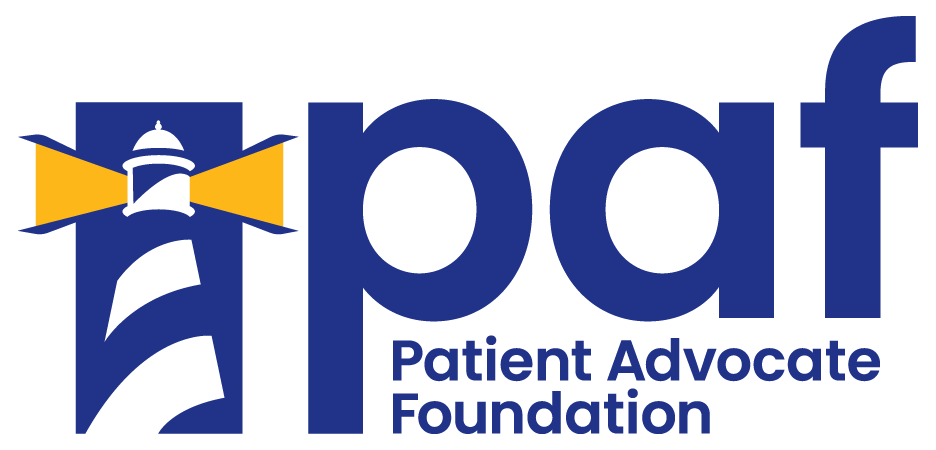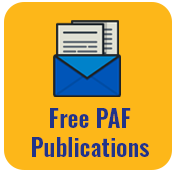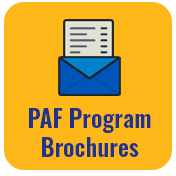Financial Interventions Alleviate Patient Anxiety, New Study Affirms
A study by the Fred Hutchinson Institute for Cancer Outcomes Research, in collaboration with the Patient Advocate Foundation (PAF) and Consumer Education and Training Services (CENTS) shows that organizations can not only successfully implement financial programs for patients, but these programs also can improve patients’ quality of life, alleviate stress and potentially increase income for providers.
The study appears in the December 22, 2017 issue of the Journal of Oncology Practice.
As health care costs rise steadily and policy proposals center around eliminating access to assistance or even requiring financial literacy courses, few studies have discussed the efficacy of financial education and navigation programs for newly diagnosed cancer patients.
Researchers conducted a prospective pilot study of patients with non-metastatic solid tumors who were receiving treatment at the Seattle Cancer Care Alliance. Study participants were over 18 years old, English-speaking and receiving chemotherapy, radiation therapy and/or hormonal therapy. All were insured. Participants attended an in-person or online education course, after which they were contacted by a dedicated CENTS counselor or PAF case manager on at least a monthly basis.
PAF case managers assisted with applications for appropriate insurance coverage, cost of living issues (e.g., housing, transportation) and disability applications. At the close of the study, anxiety about costs decreased over time in 33% of patients. Self-reported financial burden did not substantially change.
The study recommended that financial education be provided in a way that is acceptable, accessible and minimally burdensome alongside clinical care. The study challenged previous assumptions about what would best help patients, making certain recommendations for future programs:
- Financial counseling may be best delivered months rather than weeks after diagnosis;
- Having a caregiver to take over financial tasks from the patient is highly beneficial;
- Patients were more likely to participate in video sessions rather than live counseling sessions, perhaps in part because live sessions would contribute to the ongoing transportation and mobility issues many cancer patients already face.
“This study brings us towards a greater appreciation for the value of interventions that help patients understand and navigate the financial safety net,” said PAF CEO Alan Balch. “We hope to focus future studies on understanding the impact of such programs on lowering long-term stress and elevating quality of life for patients.”






